QuestionWe adopted a year old australian sheppard mix from a family that was not able to create a "family" enviornment for the dog. We brought him home and had issues with barking which we worked with a trainer to get under control. Jake was left outside during the day at his old home and when we brought him home, had issues with neighbors, when we went to work leaving him out. He barked consistently and we recieved numerous threatening notes on our door. After meeting with the trainer, we decided that it was best to keep him in during the day. This has worked well for the last year. We take him on walks daily and play with him when we get home, throwing balls and retrieving.
In the last couple of months he has starting chewing on my husband. Not biting him or suckling, but chewing as if he were scratching himself with his mouth. He is not hurting him, but the behavior is intensifying. He doesn't do this to me, so we are confused as to why this is happening.
He is a great dog and we love him. He is very sweet but this behavior is odd. Can you give any insight and how we can correct this without him feeling that we are mad at him. He is very sensitive.
Thank you.
AnswerIt's difficult to visualize what you mean by "scratching himself with his mouth". If he is rubbing his mouth on your husband, he is marking him. If he is using his mouth in play, this is a pack related behavior. Regardless, they are both immature behaviors. You don't mention how long you've had this dog. Since you were willing to leave the dog outside during the day, this suggests you might possibly not have really created a "place" for this dog in your 'pack', psychologically. Dogs immediately sense this and react to it.
Absolutely NO rough play of any kind should be initiated with this dog, as it will confuse his normal subdominant state of mind (as you report that he is sensitive.) Australian Shepherds BARK; they are herding and herd guarding dogs. To use any aversive (punisher) to subdue this barking will create huge confusion and insecurity in the dog. The way to control any behavior is to capture it; train the dog to bark on command or to certain cues, and train him to stop on command. Do this using positive reinforcement training ONLY. You can learn about this by going to Karen Pryor's web site. This training can also be used to teach your dog simple behaviors which are self rewarding and genetically driven, such as "herding" a bunch of large, hard rubber beach balls on command (in your back yard.) This will give the dog a job and, since he will be 'working' for you (for reward), will cement his relationship with you and your husband and make his place in your 'pack' more secure in his mind.
Whenever the dog begins this mouthing behavior with your husband, your husband should get up and walk quickly away from the dog. In a few seconds, he can then initiate interaction by scooting down to the dog's level and inviting him to approach. Every time the dog demonstrates the mouthing behavior, your husband should remove himself and start over again in a few seconds. This is a strong signal of unavailability, one the dog will learn to respect almost immediately. If this does not work within twelve trials, your husband should issue a low growl (very low), get up and remove himself for a while (ten minutes) all the while ignoring the dog. This is a strong signal of rank which will not overly alarm the dog but which will teach him very quickly that his behavior is not acceptable. Try the first suggestion, it should work (given the dog's temperament); try the second only if the first doesn't work. Report back with results.

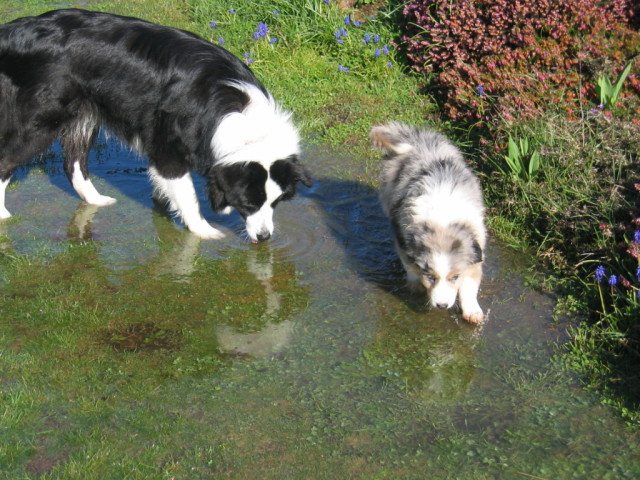 Dog in Heat?
QuestionLily and Jorge
QUESTION: Hello,
We have
Dog in Heat?
QuestionLily and Jorge
QUESTION: Hello,
We have
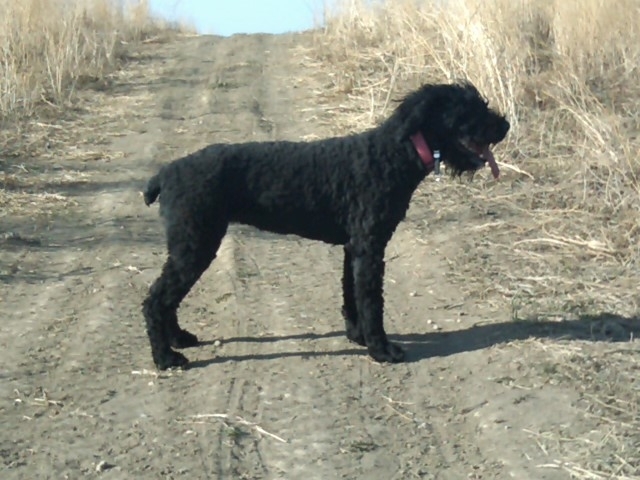 I was riding my bicycle when my 1yr old Bouvier bit my leg
Question
Pup
Hello, I have a 1yr old intact Bouvier bit
I was riding my bicycle when my 1yr old Bouvier bit my leg
Question
Pup
Hello, I have a 1yr old intact Bouvier bit
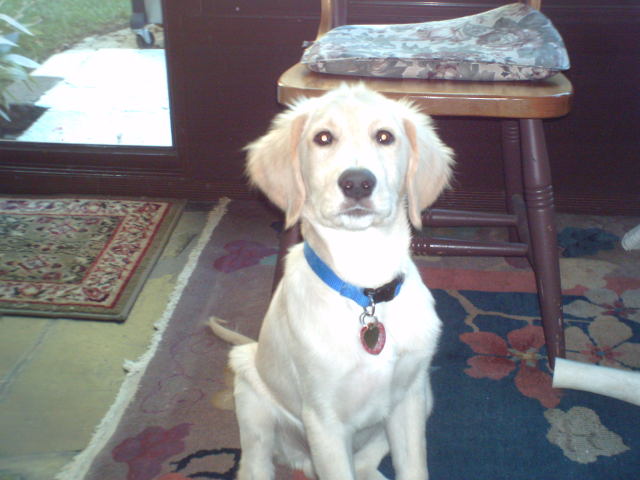 my 7 month old golden changed for the worse
QuestionRiley at 6 months
QUESTION: I got a gold
my 7 month old golden changed for the worse
QuestionRiley at 6 months
QUESTION: I got a gold
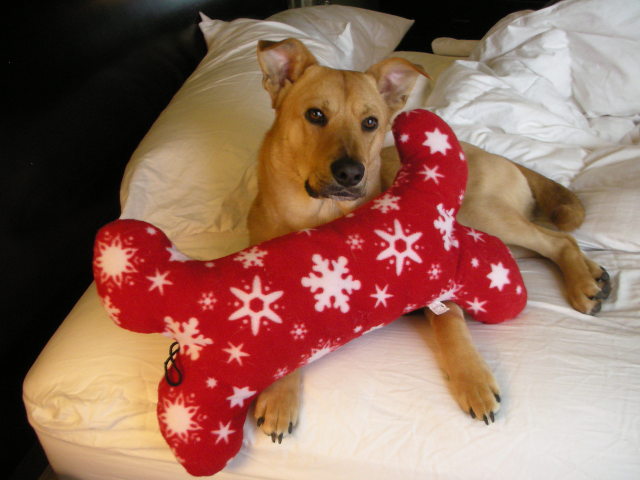 Very Scared Dog
Question
Happy
My dog is 17 months old and is a mixed b
Very Scared Dog
Question
Happy
My dog is 17 months old and is a mixed b
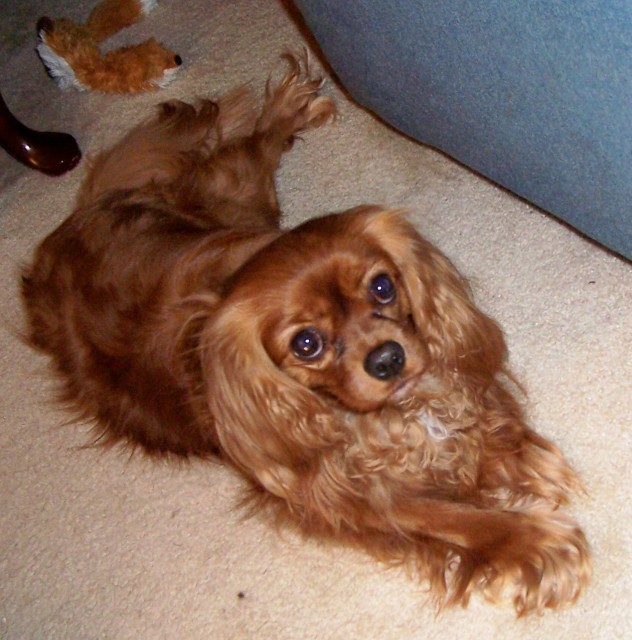 Dog light and shadow chasing
Question
Jenni
My 3 year old Cavalier King Charles Span
Dog light and shadow chasing
Question
Jenni
My 3 year old Cavalier King Charles Span